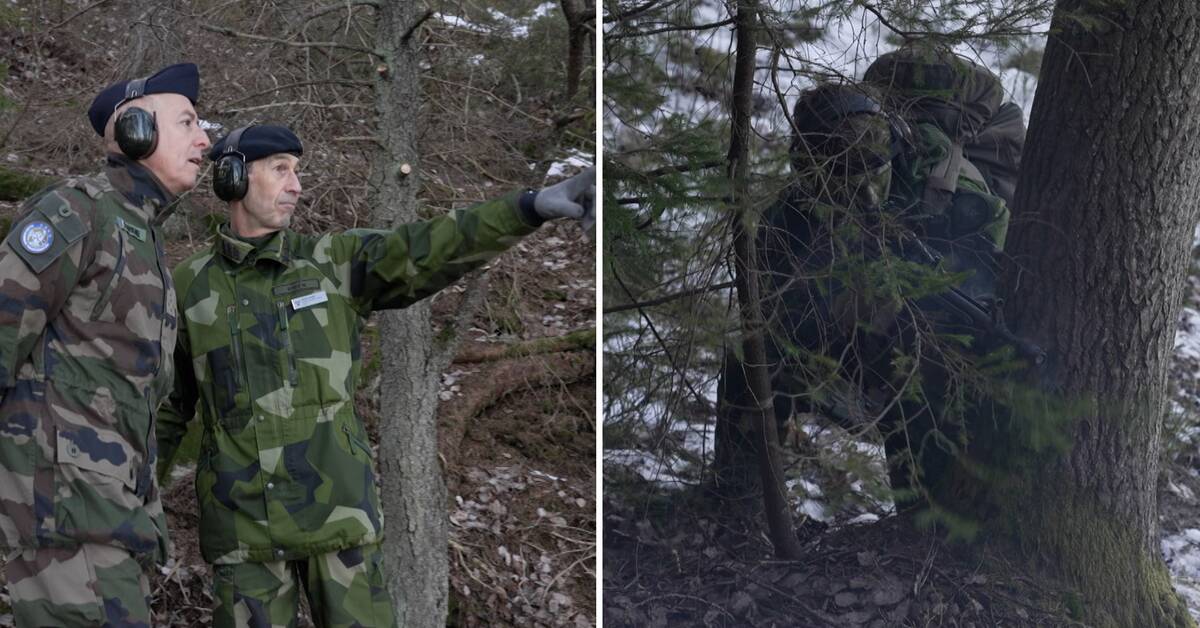Since last summer, the Armed Forces have been working on adapting to membership in NATO. The work covers ten areas, including staffing, command support systems and air defense, but also what capabilities the defense can develop in the future that NATO needs.
"We are ready and in some areas we could go in today and support the deterrence capability that NATO has and needs," Commander-in-Chief Micael Bydén told SVT.
Conference at defence headquarters
According to the Armed Forces, they have come far enough in all areas and are ready for Sweden to become a member of NATO. More development work remains to be done for years to come, but as far as the basic requirements are concerned, it is clear.
"We can step into parts of that today, then it could be that some components are missing, that you can't be fully involved. But to go into 'air policing', to go into a naval force, we can do that today," says Micael Bydén.
"The parts that we have not been able to prepare, what is within the framework of the sharp planning, we have left until we become full members.
A conference is currently underway at the defense headquarters with envoys from NATO about the changes. There, too, the result is expected to be that Sweden does the work required for membership.
Finland can take the lead
On Thursday, French General Philippe Lavigne was visiting Sweden. He is head of NATO's work with development and change (SACT) and believes that Sweden meets the requirements.
"In general, it takes three years to integrate a country's armed forces. For Sweden, it will take less than a year, which is fantastic, says Philippe Lavigne to SVT.
There are many indications that Finland will join NATO ahead of Sweden. According to Micael Bydén, it would not be much of a danger if it is for a shorter period.
"It's clear that it would have been desirable to go hand in hand, but it's not a big challenge there, it's if we start talking for longer," he says.

